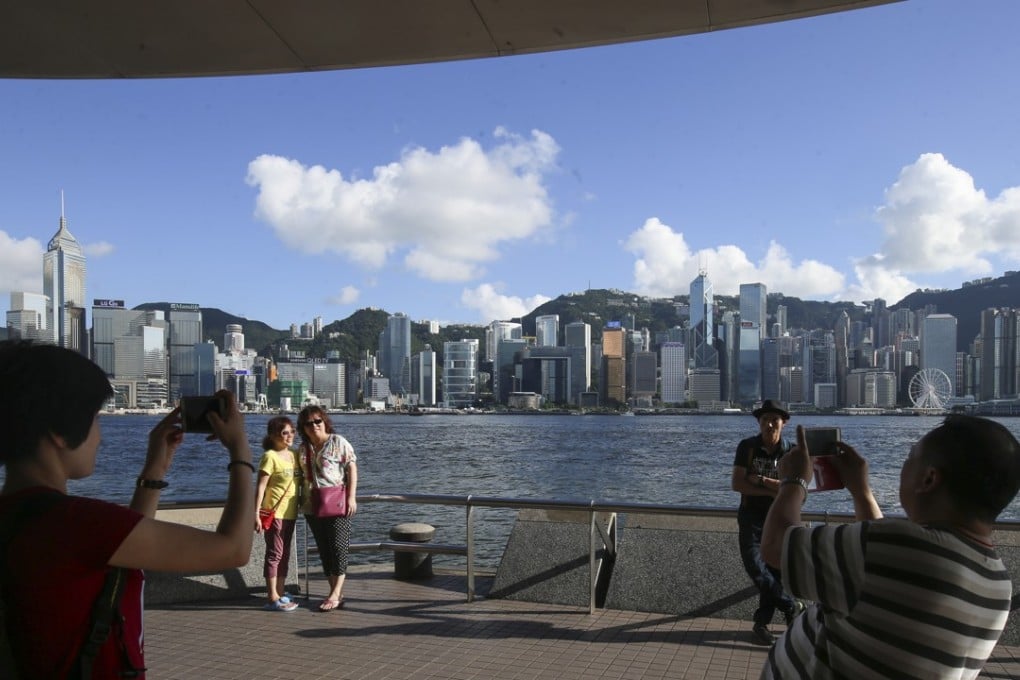Postgraduate courses on hospitality and tourism
With the focus now on cultural and heritage hot spots and live entertainment, courses are giving professionals the skills they need for tomorrow

As Hong Kong implements strategies to consolidate its position as a hub for multidestination travel, a shifting focus from shopping hot spots to cultural and heritage, green tourism and live entertainment is creating a demand for a new breed.
Efforts are being made not only to maintain a steady growth in visitor numbers, but also to attract more high-yield overnight visitors to ensure a healthy and sustainable development of the tourism industry.
With more indoor and outdoor venues coming online in the next few years, now is the time to start preparing the workforce with the skills needed for the future
At present, Hong Kong’s hospitality and tourism sector employs about 280,000 people, accounting for about 7 per cent of total employment, and contributing about 5 per cent of Hong Kong’s GDP.
Professor Brian King, associate dean and postgraduate programmes director at Hong Kong Polytechnic University (PolyU)’s hotel and tourism management school, says the continuing development of Hong Kong’s tourism sector requires a steady supply of multiskilled talent to work in different sectors.
King notes how disruptive technologies and the ubiquitous use of social media and big data are creating new jobs within the hotel industry such as managing revenues and preparing responses to support guest social media activities. He explains that while the collaborative economy is impacting on hospitality and tourism through platforms such as Airbnb, Uber and food delivery services, disruptive technologies are also creating new opportunities for enterprising graduates.
“It’s an exciting time for our graduates,” King says. The school stays in step with Hong Kong’s evolving tourism environment through offering a broad range of hospitality and tourism programmes.